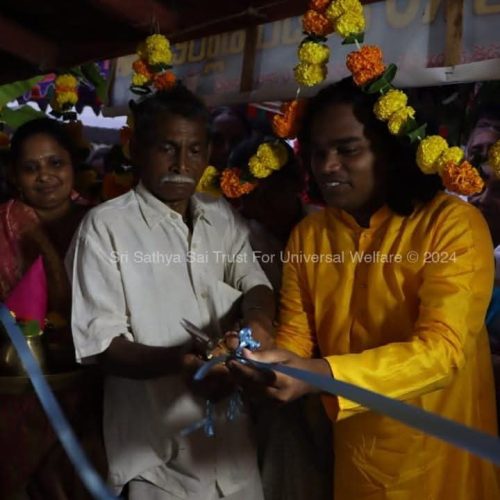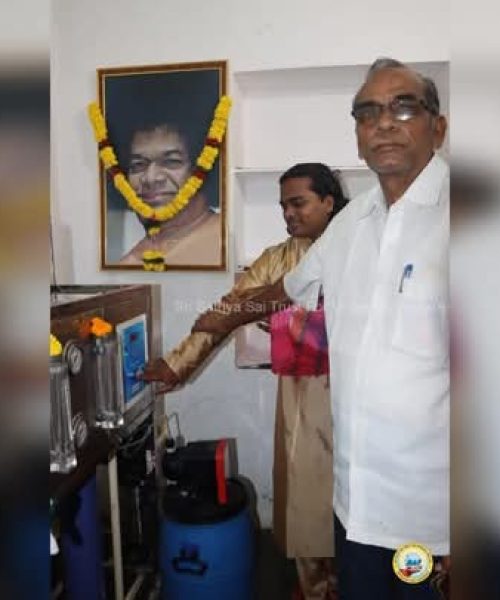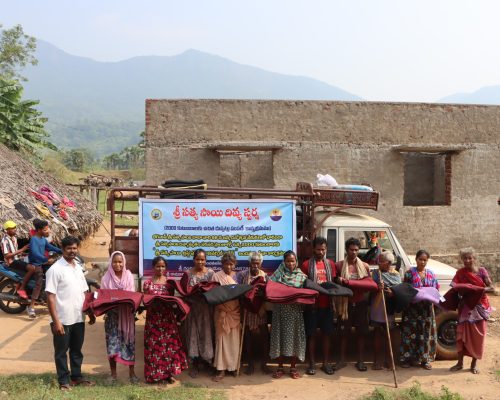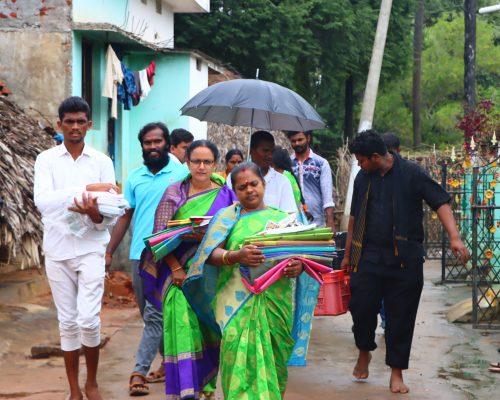
Sri Sathya Sai Trust for Universal Welfare

Contaminated Water Sources and Health Risks
The Sri Sathya Sai Divyaamritam initiative recognizes that many waterborne diseases are caused by pathogens, including bacteria, viruses, and parasites, that thrive in contaminated water sources. In rural areas, where access to clean water is often limited, the risk of exposure to these harmful pathogens is significantly heightened.
Contaminated Water Sources and Health Risks
The Sri Sathya Sai Divyaamritam initiative recognizes that many waterborne diseases are caused by pathogens, including bacteria, viruses, and parasites, that thrive in contaminated water sources. In rural areas, where access to clean water is often limited, the risk of exposure to these harmful pathogens is significantly heightened.

The program is specifically designed to target the prevention of common waterborne diseases, which pose a significant threat to public health in many communities. By addressing the root causes and ensuring access to clean water, the program aims to reduce the spread of these illnesses.
One of the key diseases the program tackles is Cholera, a severe diarrheal disease that occurs when contaminated water or food is consumed. Cholera can lead to life-threatening dehydration if not treated promptly. Another major focus is the prevention of Dysentery, an infection of the intestines that results in severe diarrhea. Dysentery is often caused by bacteria or parasites present in unclean water, making sanitation and hygiene critical components of the program’s efforts.
In addition, the program works to curb the spread of Typhoid Fever, a bacterial infection transmitted through contaminated food and water, which can lead to serious complications if left untreated. Lastly, the program emphasizes the prevention of Hepatitis A, a viral infection affecting the liver, commonly spread through the ingestion of contaminated water.







